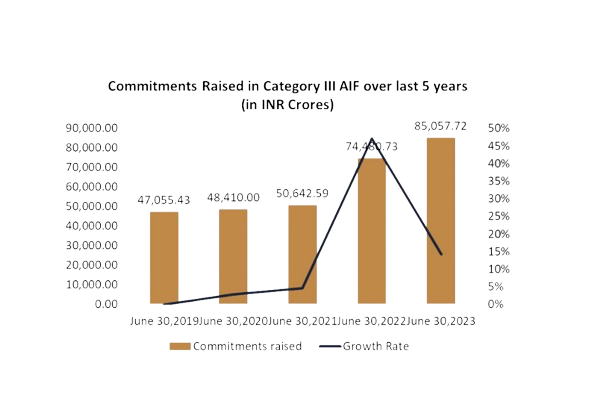Office No. 106A, B-Wing Kanakia Wall Street,
Andheri - Kurla Rd, Chakala, Andheri East,
Mumbai, Maharashtra - 400093
As per SEBI Regulations Category III AIF are AIFs which employs diverse or complex trading strategies and may employ leverage including through investment in listed or unlisted derivatives. AIF such as hedge funds or funds which trade with a view to make short term returns or such other funds which are open ended and for which no specific incentives or concessions are given by the government or any other Regulator shall be included. Therefore, funds under Category III are the most complex, and uses a diversified trading strategy in order to get high returns in short time.

Unlike Category I and II, there is no pass-through status for Category III. This category is taxable at the fund level. Category III AIFs are taxable at the highest income tax slab level (42.7%) at the fund level. The returns given to investors are after deducting the tax.
A Category III Alternative Investment Fund (AIF) is subject to taxation on four distinct income categories:
| Tax type | Short-Term Capital Gains | Long-Term Capital Gains | Business Income | Dividend Income |
|---|---|---|---|---|
| Basic tax | 15% | 10% | 30% | 30% |
| Surcharge over tax | 15% | 15% | 37% | 37% |
| Education Cess | 4% | 4% | 4% | 4% |
| MMR | 17.94% | 11.96% | 42.74% | 42.74% |
Disclaimer: However, it is advisable to consult your individual tax advisor and keep track of regulatory changes